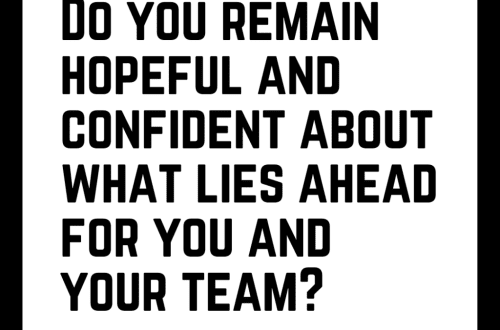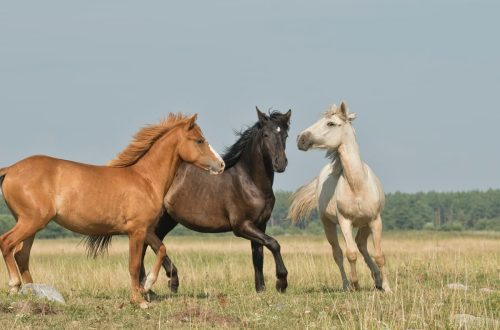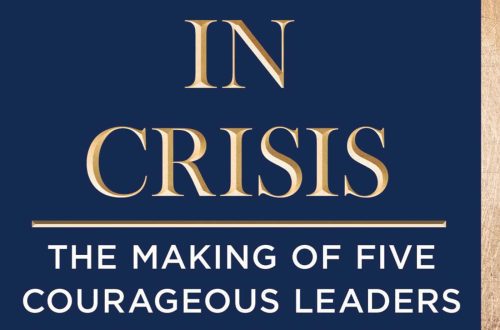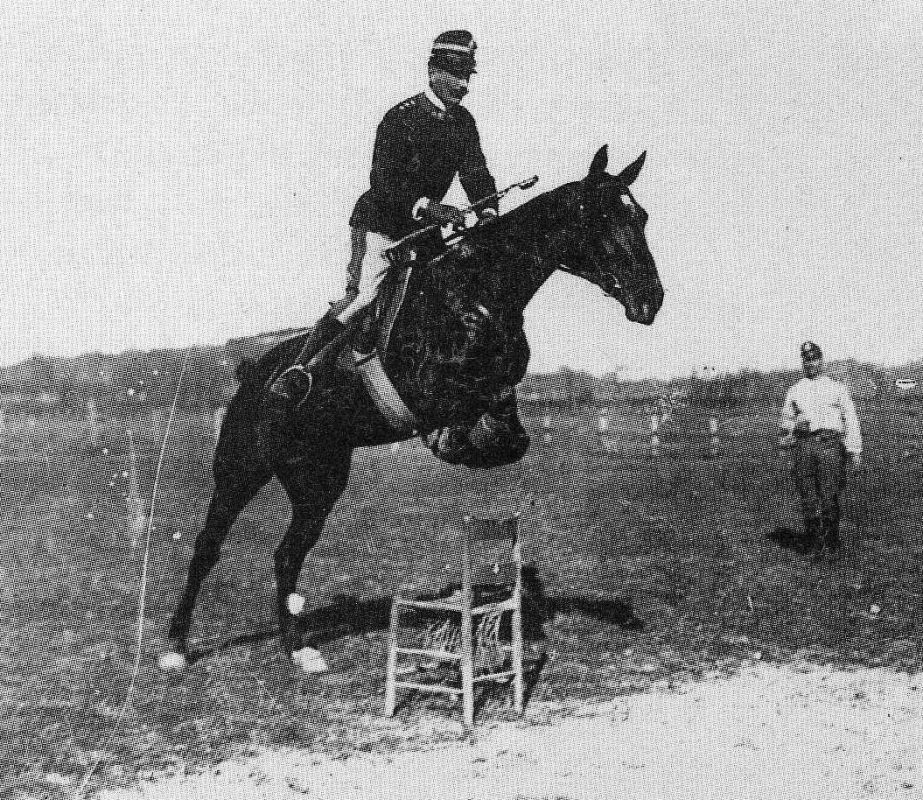
The history of the fight against fear on the show jumping field
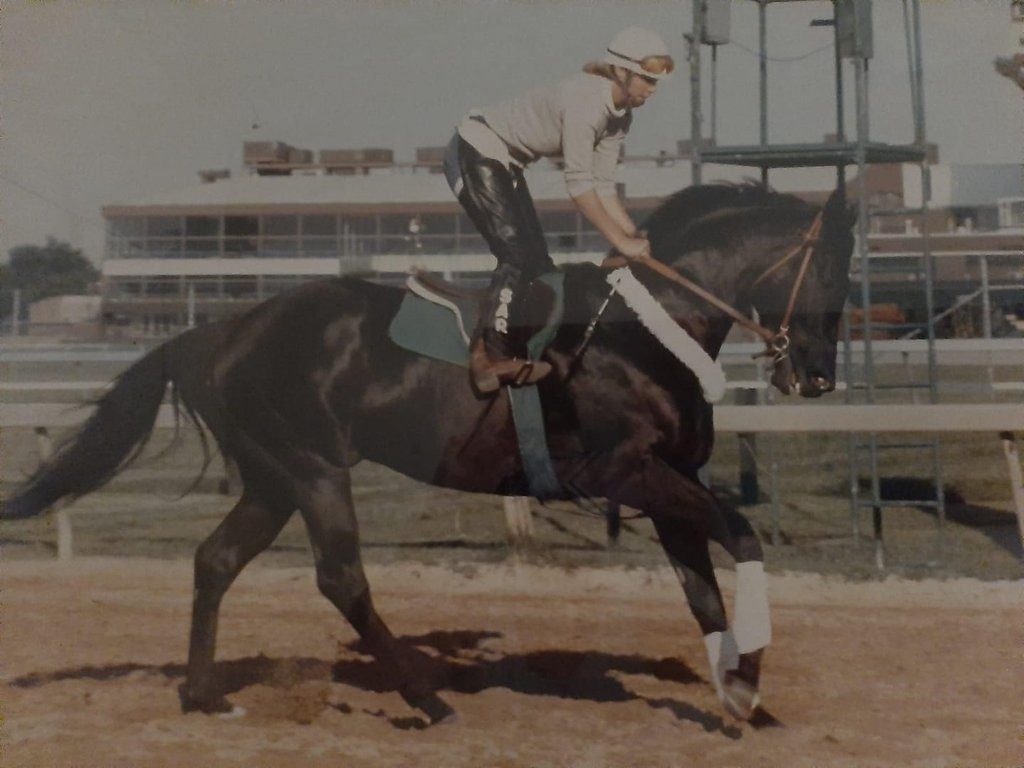
Photo: Noellefloyd.com.
Sally left racing in 1990 and moved to Ocala, Florida, where she attended Webster College and became a certified medical assistant. In 2009, she opened a drug rehab center and worked as an Addiction Counselor in parallel. Sally is married to a professional skier and has a daughter, Melissa (also an equestrian) and five grandchildren.
This is a story about how a rider, working racehorses, literally “petrified” from fear on the battlefield, performing in the discipline of hunter show jumping, and how she fought against it.
“For as long as I can remember, I have always loved horses. As a child, I was willing to walk four miles to see the horses that lived down the road from my father’s house. As a result, my father took me to the stable to learn horseback riding, I still remember the feeling when I fearlessly galloped along a narrow dirty path, the wind in my hair, I forgot about everything in the world.
At 14, my mother finally came to terms with my obsession with horses, and I bought my first horse, Shotzi, an aged gelding with navicular syndrome (chronic inflammation of the shuttle block). I didn’t know about this, of course, because when you buy a $259 horse, you don’t vet it. I had no money for a saddle and rode bareback for about a year, until finally I saved up $95 and bought myself an English saddle that was as old as this world. In those days, Shotzi and I just enjoyed walking in the fields. There was no training, no performances, no work plan. I was just having fun.
Over time, I got a job as a horse breeder at the local hippodrome. My secret hope was to eventually start jumping, but I knew that besides me there was someone to do it. And I stayed in the stable, fulfilling my duties and enjoying my work, whatever it was. And then one day luck smiled at me. A friend of mine, who was married to a trainer at Sagamore Farm, a training facility for young Thoroughbreds, called me and offered me a job as a groomer. I was surprised as I had never ridden a racehorse before, at least not worked one, but she said that her husband had seen me on horseback and wanted to train me. The salary was not enough to cover my expenses, but I happily agreed and moved to live with other romantics at the base, in the women’s hostel. I worked under coaches Buddy Troyer and famous Henry Clark. I learned how to ride young horses and work adult racehorses. I lived my dream.
For 4 months of my work, I remember one rainy day. Our clothes were soaked through as we rode 1/4 mile. Mr. Clark put me on an experienced racehorse who had raced many times before I had learned the basic rule of racehorse work: don’t pull on the reins if you want to stop.
That day I learned it. The horse dragged me for four circles (1 mile) in a narrow racing circle, at a frantic gallop, and these were the most terrible moments in my whole life associated with horses. Weeks had passed since that incident, and I was still afraid to mount adult horses (youngsters who have not ridden before are less likely to pull you away).
How I first experienced fear in the saddle.
I was young and resilient and put that incident out of my head. In those days, I did not mentally set myself up, I just continued to ride horseback and gave it as much time as possible. I was often offered a job as a racehorse caretaker. I became the most experienced rider at the base, so they began to give me difficult horses to work with. Because of this, my work became much more difficult, and as I got older, I became more worried about my safety than before.
Those horses spent 23 hours a day in the stalls, then worked or raced and returned to the stall again. Most of them were less than 4 years old, and they started riding at 2. Since everyone already knows that riding is not the safest sport, and plus I put myself at this risk on a daily basis, over the years I have become more and more think about it.
This feeling completely took over my mind after I gave birth to a daughter at the age of 30. When she was 6 months old, I competed at Pimlico Racetrack. My horse was wearing blinders and of course I rode very short stirrups. This horse was quite difficult to manage at a canter, but usually I managed. She was frightened of something, and I was too relaxed, and before I realized what had happened, I was in the air, trying to grab onto something. I flew up and at that moment I realized that I was about to fall on the frozen ground. As I lay on the ground with a broken collarbone and bruised from head to toe, I decided it was time for a career change.
Another way.
I moved to Ocala and took up medicine. Years passed, and on my little farm, I always kept a horse, because my daughter was also obsessed with horses. It’s been a long time since my horse racing days, and I have a lot to say about a job that didn’t put my life at risk!
6 years ago, when I was 56, my daughter encouraged me to start taking show jumping. I always wanted to learn, but I didn’t even know the difference between hunter and show jumping. I thought it was too late for me to start and waste time on horses. However, I agreed to take training from a hunter-jumping trainer. I met Isaac Lefkowitz and that day my life changed.
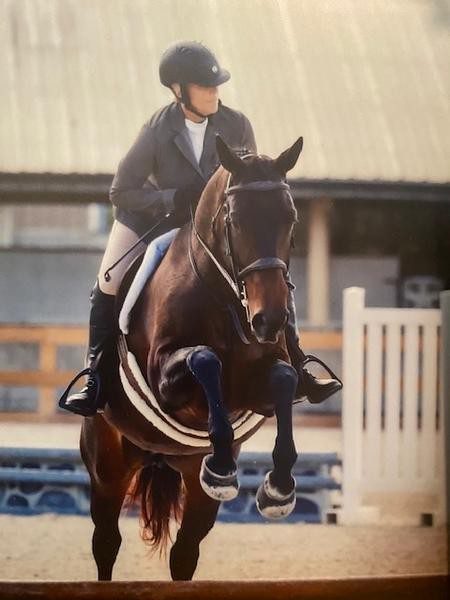
When one door closes…
What started as a one-time session with Isaac turned into the purchase of a training horse. I was delighted. I learned to ride, jumped crosses and enjoyed the process. I felt a reunion with my old life, but in a new, completely different perspective.
After a while my amazing mare got injured and we were out of training for 8 months, then 6 months after we started working again I lost her to an infection. I had a terrible depression, and this time was one of the most difficult periods in my life. I missed her madly.
As I was looking for a new horse, Isaac suggested that I try a top level dressage horse. She was born in his stable, and he could not find a man for her. I went on it and at first I felt some tension in it, but over time we began to get to know each other better. We tried our best, worked as a team and learned to understand each other and what the coach wants from us, I was very happy. From a horse that people were afraid to get on, ohturned into into a horse that I could safely put my 9-year-old granddaughter on.
Appeared excitement.
At the moment I have performed in hunter three times. The first tournament was held in Tampa, where I competed with 10-year-old children on ponies. It was a complete disgrace, but I had to start somewhere. I felt terrible fear and excitement. I did it, but I can hardly remember what happened on the field, I was so overwhelmed with anxiety again. However, the task was not difficult, and I did well.
I know that something is sitting in my head and throwing me back, I fight it. From the outside it looks ridiculous, people say: “You worked as racehorses, and now you are afraid to go to the battlefield?” But I’m not afraid of my horse. I’m not even afraid of getting hurt. These are rather experiences from the series: “I’m afraid to forget the route”, “I’m afraid to drive up out of the calculation.”
How do I work on myself.
My trainer and I realized that I have a tendency to “stone” when I enter the battlefield. When I competed at the HITS tournament in March, I was very afraid of forgetting the route. It was very cold and windy, so I was lucky and there were no spectators in the stands except for the stable staff. I repeated the route for the last time with the coach, went to the fighting field, drove up to the first barrier and suddenly realized that I did not understand how to make this jump. Where should I go? On what trajectory to enter the barrier? Luckily, Isaac was there, he gave me a hint, and in the end it was my best performance.
Now I know what happens to me when I turn to stone, thanks to a master class by psychologist Dr. Jenny Susser. The blood drains from the frontal lobe of the brain, and I have a “fight or flight” state – an instinctive “blackout” when I literally “lose my mind”. I knew I had to learn to deal with it.
Master class Susser helped me understand what physiological processes are taking place, which helped me a lot. She also explained to me that I was struggling with my excitement, not fear, and these are completely different things. After her master class, I began to practice proper breathing, and I am learning meditation.
Through this and other sessions with a psychologist, I learned to control my mind and body. The more you know, the easier it becomes for you to deal with it. In addition, I think that if I compete more often, I will gain more experience, and experience brings confidence.
Good luck to all riders, remember we can handle ourselves!


